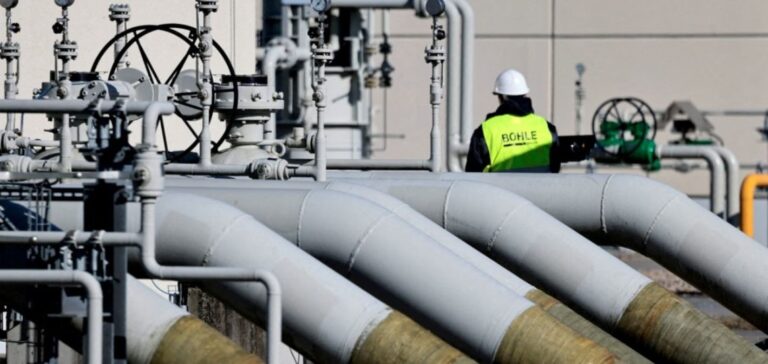According to data from Gas Infrastructure Europe, LNG reshipment levels in Europe fell to 2,789 GWh/day on May 18 and 2,797 GWh/day on May 19, the lowest since October 8. Compared with the same period last year, redispatch levels for the first 19 days of May were down 24%, averaging 3,092 GWh/day versus 4,048 GWh/day the previous year. This decrease is due to weaker demand for LNG, influenced by high prices and increased competition from Asian markets.
LNG imports and Norwegian flows
In May, Europe imported 5.5 million tonnes of LNG, the lowest level since last September. Imports were down 32% on the previous year. Meanwhile, gas flows from the Norwegian continental shelf averaged 320 million cubic meters per day in April, despite increased maintenance scheduled to reduce Norwegian production by 11% in May.
Gas stocks and impact on imports
Gas storage levels in the EU were 67.2% full at May 19, up from 65.2% a year earlier. High inventory levels mitigate the urgency of importing LNG for storage injections. Tight spreads between LNG and gas, despite low demand, also discourage LNG trading in the region. Gas prices rise in line with the JKM, the reference price for cargo delivery in North Asia.
Maintenance and effects on regasification capacity
Several ongoing maintenance operations in Europe are affecting LNG reshipment levels in certain countries. Germany, for example, currently has only two active floating storage and regasification units, due to maintenance at Lubmin and delays at other terminals. However, other North-Western European countries saw no increase to compensate for reduced regasification capacity.
Future prospects for LNG imports
As Europe prepares for the summer season, cooling demand could boost LNG imports in some regions. However, the extent of this recovery will depend on weather conditions and how well the countries of north-western Europe prepare for winter. Values for the coming month at the Dutch TTF, the reference hub for natural gas in Europe, have remained stable at around €28-32/MWh since the beginning of May.
Lower LNG imports into Europe reflect subdued demand and intense competition from Asia, exacerbated by high gas storage levels and tight market prices. The trajectory of LNG imports over the coming months will depend heavily on summer weather conditions and preparations for the winter season.






















